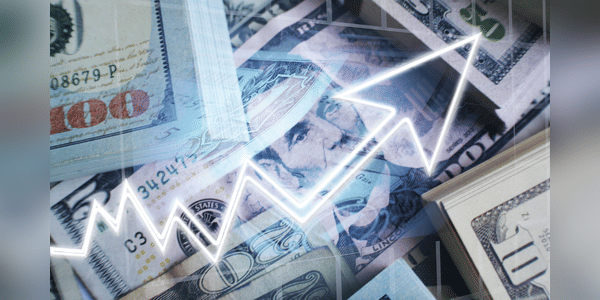As a shareholder, you want to be rewarded in some way by the company you own. Companies use two mechanisms to do this, buybacks of their own shares (buybacks) and a certain amount of money (dividends). There is a constant debate among investors as to which is actually better. This will also be the topic of my article.

The first thing to remember is that companies have defacto only three ways to dispose of free capital. The first way is to invest in themselves. This means investing, for example, in technology, production processes, etc. This is how growth stocks are commonly recognized. The second way means buybacks and the last way is dividends. This is mainly done by value stocks.
Buybacks
A buyback, if you like, is done by a company that thinks its stock is undervalued. This is nothing more than the company buying its own shares to reduce their number, the repurchased shares are sort of wiped out.…
